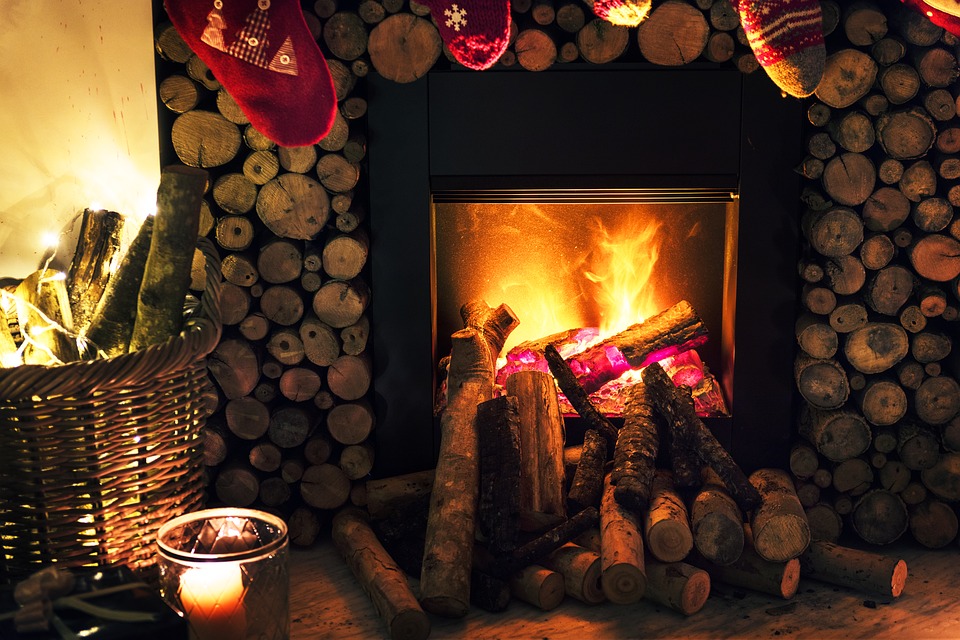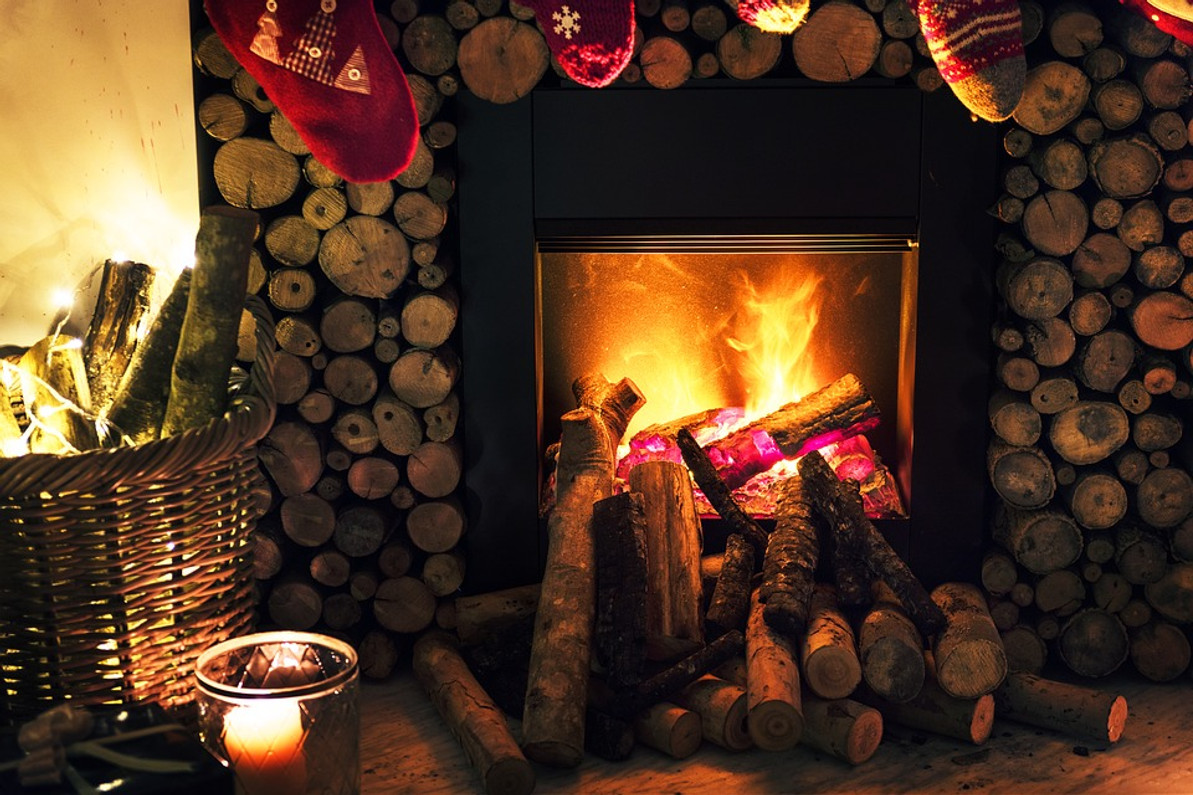5 Common Winter Safety Hazards In the Home

Are you familiar with the winter safety hazards in your home? If not, you should take note of the following hazards, as this could protect you and your family from injury.
#1) Space Heaters
Statistics show that 80% of all fire-related deaths that occur in the winter are caused by space heaters. While space heaters promote a more energy-efficient home, and subsequently offer cost-savings benefits, they shouldn't be left running unattended. If you're going to use a space heater, make sure someone is around to watch it at all times.
#2) Chimney Fires
Another common safety hazard that homeowners should be aware of this winter is chimney fires. Each year, chimneys cause roughly 25,000 house fires and subsequently $125 million in property damage. Most chimney fires can be avoided, however, by having your chimney cleaned on a regular basis. When it goes uncleaned, soot and creosote will accumulate inside the chimney; thus, causing the perfect environment for a fire or explosion.
#3) Electric Blankets
Furthermore, electric blankets can pose a risk to your and your family if certain precautions are not taken. Unlike a regular blanket, electric blankets contain wires through which electrical current flows. This is essentially how they produce heat. Because of this design, however, folding or washing an electric blanket may damage the wires and increase the risk of shock or fire.
#4) Overloaded Circuits
Be conscious of how many electric devices are connected to each circuit in your home. When there's too much current being drawn from a circuit, it will "overload." Usually, the circuit breaker will trip for the respective circuit, preventing any serious damage from occurring. If the breaker fails to trip, however, the excessive heat generated by the current could cause a fire.
#5) Power Outages
Finally, make sure you and your family are prepared for power outages. In the winter, a power outage is more than just a nuisance; it can pose a serious threat to you and your family. And while you can't prevent the power grid from going down, you can take steps to ensure your safety in the event of an outage. This means preparing food, water and medical supplies, as well as having an emergency plan in place. Additionally, you may want to invest in a power generator, which will allow you to power some electronic devices when the grid goes down.
Recent Posts
-
Fire Safety in the Workplace: What You Need to Know
What steps are you taking to prevent fires in your workplace? According to the U.S. Occupational Saf …Aug 23rd 2023 -
Is It Safe to Go Jogging With a Cold Infection?
If you're suffering from a cold infection, you might be wondering whether it's safe to go jogging. T …Aug 22nd 2023 -
5 Safety Tips to Follow When Using a Powder-Actuated Tool
Powder-actuated tools are commonly used to join materials to steel and concrete. Also known as Hilti …Aug 20th 2023




